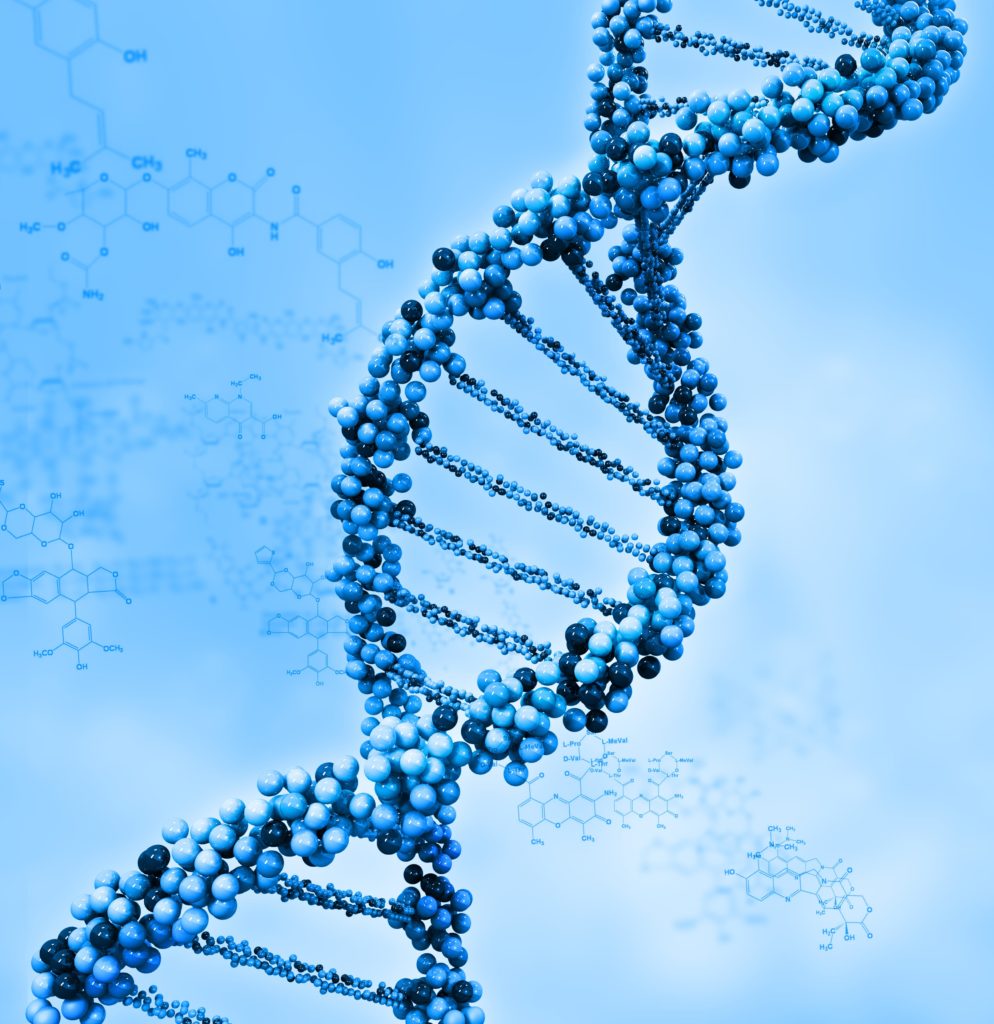Chronic anorexia nervosa can result in changes to an individual’s DNA that pose risks to both physical and mental health, according to a recent study published in the International Journal of Eating Disorders. Specifically, the researchers found that individuals who suffered from anorexia over a long period of time had changes in their DNA methylation, which is a process that contributes to gene expression and the expression of traits that are linked to those genes. Altered methylation can influence both physiological functions and psychological reactions and behaviors. The new research was conducted by Howard Steiger, Ph.D., of the Douglas Mental Health University Eating Disorders Program and Linda Booij of Sainte-Justine Hospital and Queen’s University. Steiger and Booij discovered that women with chronic anorexia experience significant alteration in genes that influence social behavior, anxiety levelseat, peripheral organ functioning, immunity and the functioning of the brain and nervous system.
A Deadly Disorder
Anorexia nervosa is already recognized as an extremely serious and potentially deadly disorder. In fact, research suggests that anorexia may be the deadliest psychological disorder, killing approximately 10 percent of its victims. Death from anorexia can be quite sudden, or it can come as the result of long-term complications. People who are starving themselves are at serious risk for sudden death, even before they reach an apparently dangerous weight, as the result of heart arrhythmias or electrolyte imbalances that occur because of malnourishment and physical changes. Anorexia also does major damage to the heart and skeletal system. People with anorexia lose a significant amount of body mass, and the heart loses mass at a disproportionately high rate. As anorexia continues, the heart becomes gradually smaller and weaker. In addition, adolescents who suffer from anorexia often fail to develop the bone mass that is critical for skeletal stability, organ protection and muscle development. Finally, severe malnourishment after anorexia has become entrenched can damage every organ in the body, including the brain. Not all of this damage is reversible even after healthy eating habits are reestablished. This new research may provide insight into the underlying causes of some of the long-term effects that are seen with eating disorders, and it may also suggest that anorexia has even more long-term problems than are currently associated with it. Either way, the research certainly underscores the importance of early recognition and early treatment for anorexia and other eating disorders. Researchers do not yet know whether people who enter recovery for anorexia and regain a healthy weight will also experience a resetting of their pre-illness methylation levels, which could result in a reversal of any harmful changes. Future research will need to explore this area and may even uncover information about the best way to treat this illness.
Shining Spotlight on Physical Impact
Many people fail to realize the extent of the physical consequences associated with anorexia. They recognize that this disorder involves an unhealthy and distorted self-image and that depression and other mood disorders are often present in people with eating disorders. However, they are often unaware of the physiological effects that can endanger someone’s health long after these underlying psychological issues have been confronted. In the past, anorexia was too often dismissed as a problem for spoiled adolescent girls who were looking for attention. Now, most people recognize the serious psychological nature of anorexia and other eating disorders. However, it is critical that more people also begin to recognize the serious and potentially irreversible physical consequences of this illness.






